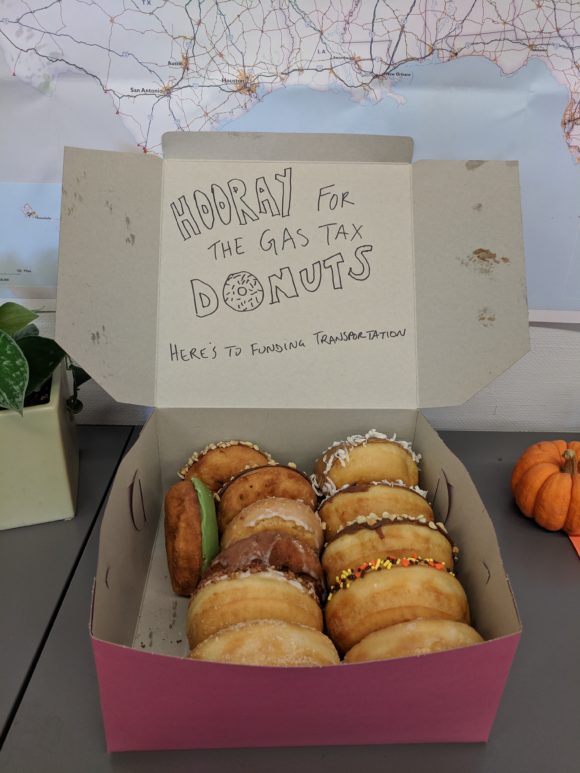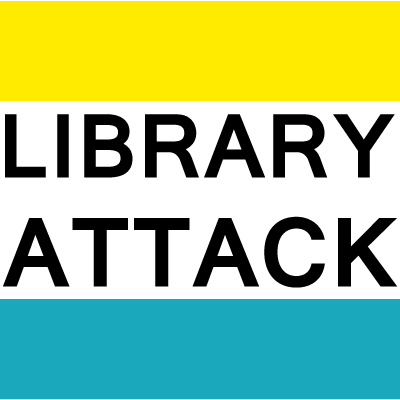
This week’s midterm elections were a rollercoaster for the US. There was a ballot proposition in California that was was really close to home for my library: Proposition 6, which if pass would have repealed the recently enacted gas tax (SB1). The $5.1 billion raised from the the higher gas tax will go to repair and maintain transportation infrastructure across California. The institute my library is a part of gets a fraction of a percent of the money raised from that tax to perform research, an often overlooked and necessary component of any big program. If Prop. 6 passed, a steady form of funding for the institute and my library would disappear overnight. As soon as SB1 was signed into law, we had muted celebrations because it seemed politically certain that a proposition to repeal it would be on the November ballot. As I started developing new services and expanding operations for the library to help track and disseminate our research, I knew that we couldn’t fully commit or plan until the election and we had a better idea of our available resources. It became clear that until this week, that there would be limited financial commitments because we needed to see the result. The voters in California rejected Prop. 6 and the gas tax repeat by a 10 point margin, transportation in the state is valued, and I brought in a dozen donuts to the library to celebrate. (And if you’re not from California, you might not fully understand the California proposition system, which can be interesting. C.f: The infamous Prop. 13, the less infamous Prop. 187, Prop. 209, and Prop. 8.)
So now I have a better idea of a path forward and can start doing things that had to be put on hold until we knew the budget situation. Thanks, California voters!
My particular example is pretty acute and extreme. Most people’s work mission isn’t hanging in the balance of a voter initiative (and we’ve learned never assume anything about an election until the votes have been counted), but it seems like the current trend in workplaces is agility because you need to respond to priorities that might drastically shift in a moment’s notice. In a recent workshop on librarian peer review here at Berkeley the question was raised, how do you account for not accomplishing tangible things with deliverables because the mission changed? (The answer was note that.) And while my mission changes with political shifts that often lead to funding or research priority changes, this kind of continual change seems to be rampant all over. For libraries, it makes long term planning and thinking extremely difficult which is a major part of our core mission. That big idea you have to improve instruction? Put that on hold because you’re going to be a liaison to a new subject since that librarian just left. Have a research idea about publishing models and digitization? That’s great, but right now the focus is on assessment. (I’m making these examples up, FYI.)
More stable, less capricious funding models would make it easier to plan, but that’s not how things happen in 2018. It seems like dealing with constantly evolving missions, regular crises for new funding sources, and all the requisite competition (in terms of actual fighting for funding and balancing priorities) is just the way things are for now. It’s time we open acknowledge it and that it’s exhausting to work like that at times. It’s wearing. And since we’re a society (and profession) hell bent on quantitative metrics, recognize that these impacts are super hard to measure because it’s a kind of void.

Leave a Reply